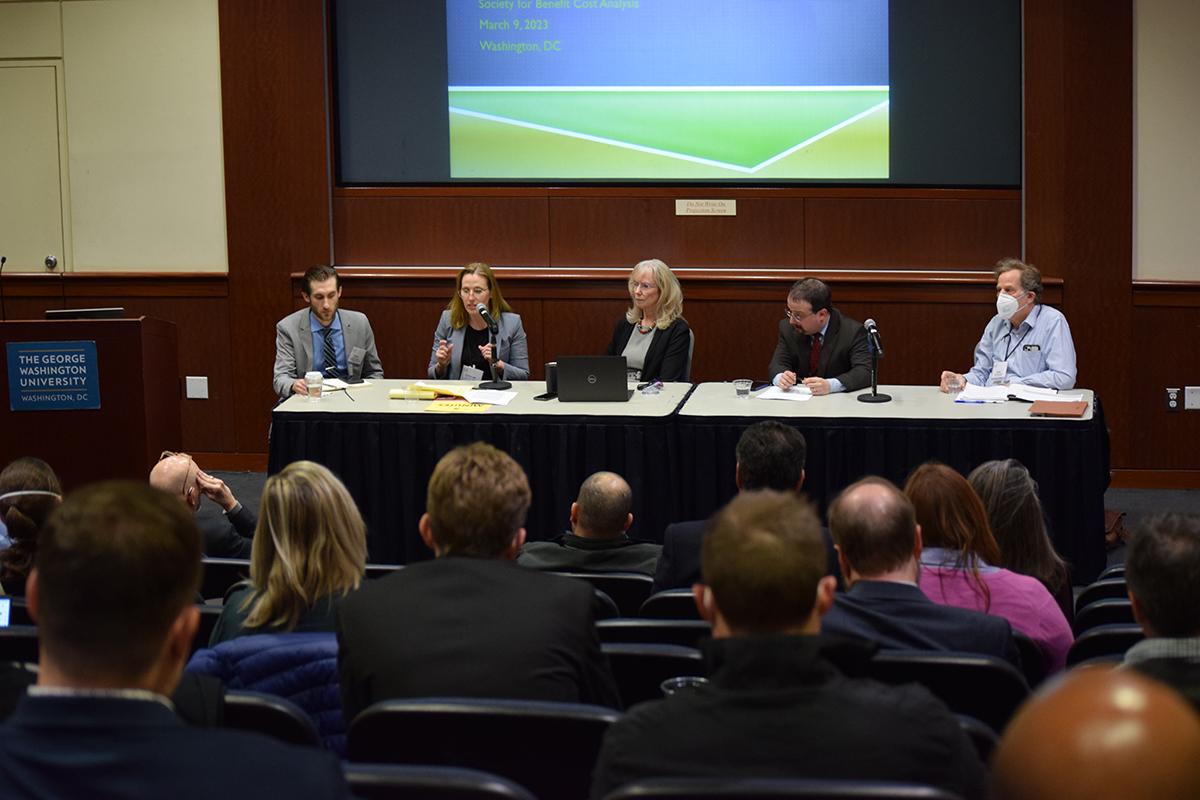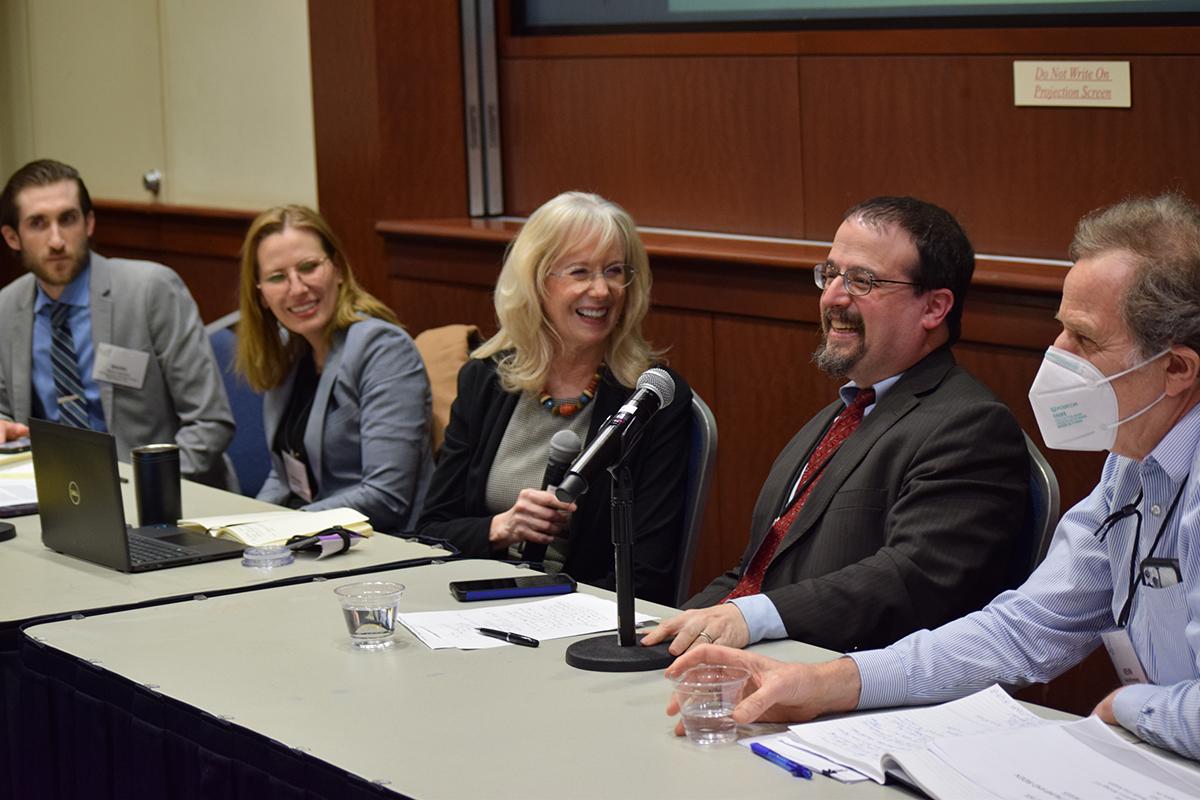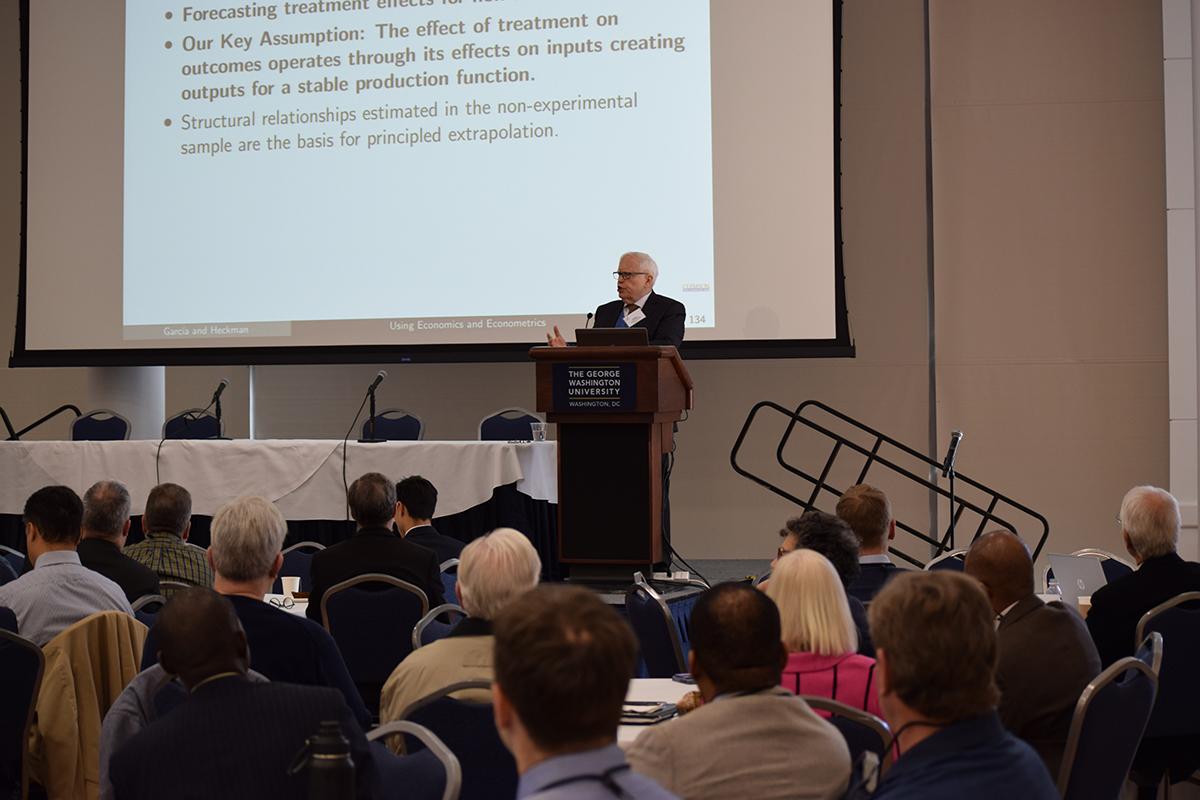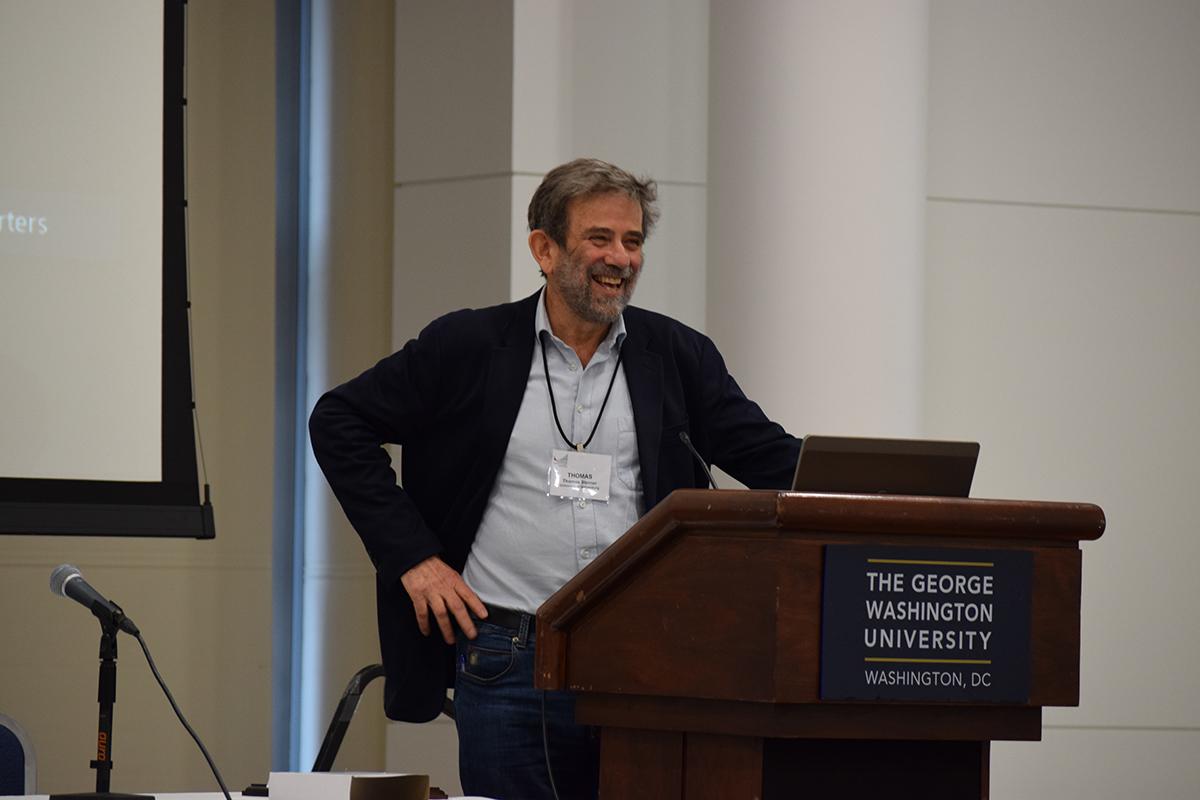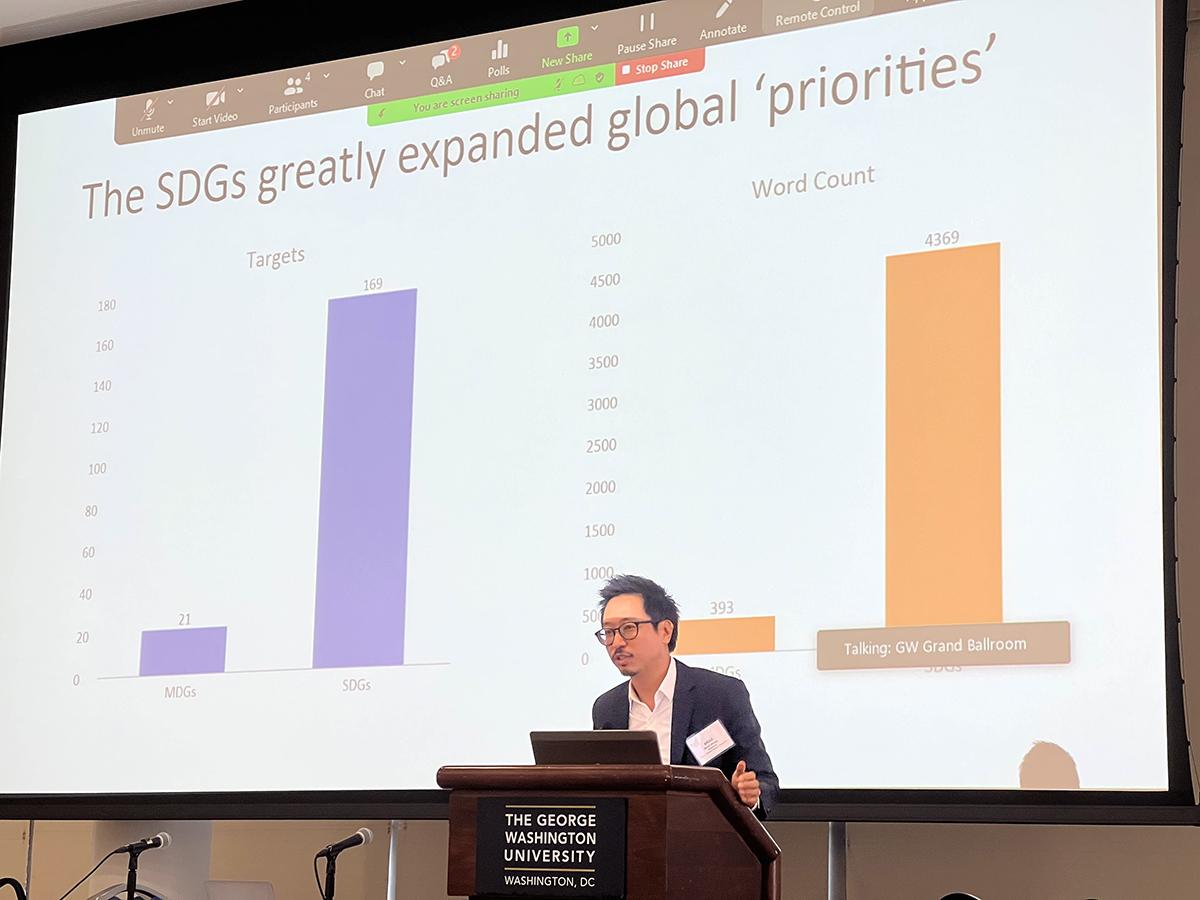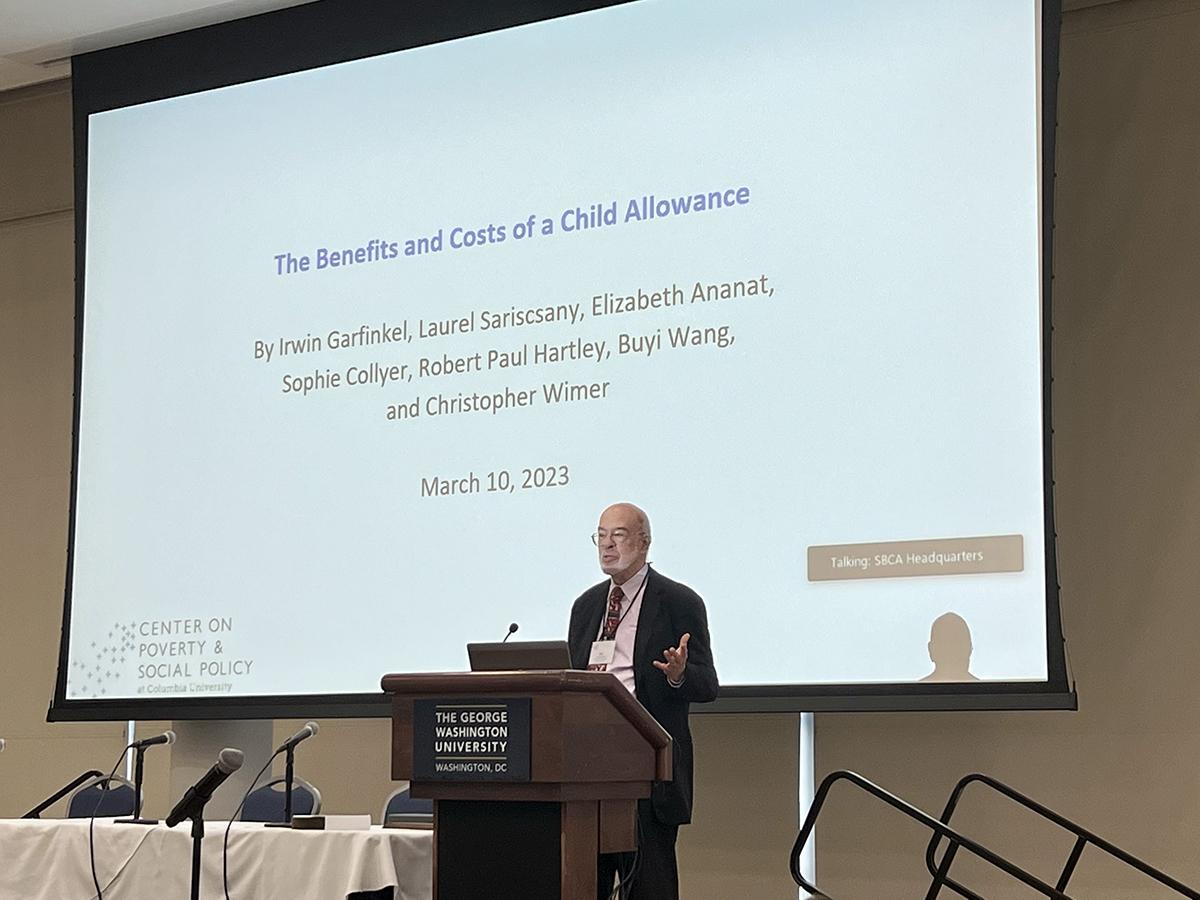The Society for Benefit-Cost Analysis (SBCA) held its annual conference on March 9-10 and March 13-14, 2023 at the George Washington University in Washington, DC. The conference gathered a diverse group of professionals including economists, academics, and policy analysts to discuss the latest research, methods, and applications of benefit-cost analysis (BCA) to inform policy decisions.
The keynote speakers, panel discussions, and research presentations covered a wide range of topics related to BCA, including environmental policy, transportation policy, health policy, and social policy.
Among many highlights was a keynote address by Nobel Laureate in economics, James Heckman, discussing the long-term costs and benefits of early intervention programs for disadvantaged children. He emphasized the importance of investing in early childhood education and interventions, highlighting evidence that shows the significant positive impacts of these programs on future educational and economic outcomes, ultimately leading to a reduction in social costs.
Other keynote speakers included Sherry Glied, who served as Assistant Secretary for Planning and Evaluation at the Department of Health and Human Services in the Obama administration and an economist on the Council of Economic Advisers under Presidents Bush and Clinton. She encouraged researchers to pursue, and try to disprove, multiple hypotheses to ensure that research evidence is rigorous, relevant, accessible, and actionable for policymaking.
In a lively panel on regulatory trends and emerging issues, RSC Director Susan Dudley was joined by RSC Senior Policy Analyst Mark Febrizio, consultant Kevin Bromberg, and professors Caroline Cecot and Stuart Shapiro. Panelists considered the shifting regulatory landscape presented by issues such as Chevron deference, the major questions doctrine, and oversight in a divided Congress.
Another notable roundtable discussion on "Independent Regulatory Authorities" featured Dudley and RSC scholars and GW faculty members Christopher Carrigan and Mary Sullivan, joined by Joseph Dunne of the EU Parliament in the U.S. and Gabriela Silva of George Mason University and the Inter-American Development Bank. The discussion covered the benefits and challenges of establishing independent regulatory authorities and implications for accountability, transparency, and stakeholder engagement. The panelists also discussed best practices for designing and evaluating independent regulatory authorities, drawing on examples from the U.S. and the EU.
The conference also provided a platform for researchers to present their latest research findings. RSC’s Mark Febrizio presented his analysis on the use of regulatory suspensions by incoming U.S. presidents to reverse the regulatory actions of their predecessor. He discussed his plans to create a machine learning classifier for identifying regulatory suspensions and its potential application to other types of U.S. Federal Register actions.
During the Society’s annual business meeting, awards were presented to recognize exceptional contributions to the field of benefit-cost analysis. The award for the year’s best article in the Journal of Benefit-Cost Analysis was presented to Irv Garfinkel, Columbia University. Outstanding Dissertation Awards were received by Rachel Dalafave, Vanderbilt University, and Majid Hashemi, Clemson University. In honor of our late RSC colleague Jerry Ellig, an award in his name will be announced following the conference to recognize the best student paper presentation.
Throughout nearly 60 sessions held virtually and in-person, the SBCA 2023 Annual Conference provided a valuable opportunity for professionals in the field to come together to share their knowledge, exchange ideas, network, and celebrate the achievements of their colleagues.


